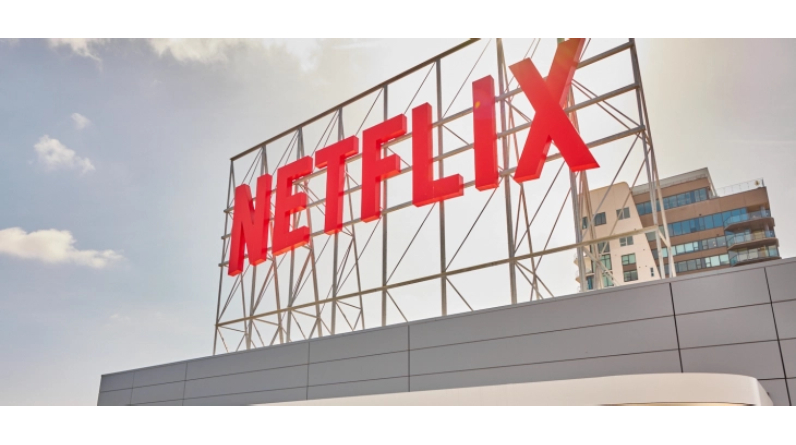Netflix is launching a new system in Canada that will charge $8 more per month to users who access the service from multiple devices.
The streaming giant has announced that as of today, Canadian users will begin receiving emails informing them of restrictions on who can use their account outside of the household.
These are the new regulations in effect in Canada: The monthly fee for a plan that limits use to a single user on a single device in a single location with advertising support is $5.99.
Without advertisements, the same basic plan costs $9.99 per month.
The company’s “standard” plan, which costs $16.99 per month, allows users to watch on two devices at once, provided that those devices are in the same room. It will cost an additional $7.99 per month for them to watch in multiple locations, such as a parent’s house and a college-aged child’s dorm room, or between two members of a separated couple who live in different cities.
The “premium” plan costs an additional $7.99 per month for each additional viewer in a new location, up to a maximum of two viewers. This plan allows for four viewers to watch at once. If you have two people in your household subscribe to Netflix, the most expensive plan will cost you around $35 per month.
There were fewer titles available for the $7.99 monthly price in Canada when Netflix first launched there in 2010, despite there being no formal limits on the number of devices on the same account.

To add a second user to the system, the user must consent to do so. A representative for the company told CBC News that accounts will not be charged the additional fee automatically if a second user logs on from a different location.
In its most recent earnings report, Netflix stated that it planned to roll out the new rules worldwide some time before the end of March, but did not specify when exactly enforcement would begin.
In a statement, the company explained, “Over the past year, we’ve been exploring different approaches to address this issue in Latin America, and we’re now ready to roll them out more broadly in the coming months, starting today in Canada, New Zealand, Portugal, and Spain.”
Also Read : The Topics That Will Be Discussed This Season During Discussions
Even though customers will have to designate a “primary location” for their devices, they will “still easily watch Netflix on their personal devices or log into a new TV, like at a hotel or holiday rental,” once the system is in place.
There are currently 100,000,000 password-sharing users.
There are approximately 250 million paying Netflix subscribers around the world, and the company estimates that 100 million of these subscribers share passwords with others.
At first, the company only said that their policy on password sharing would be updated by the end of 2022; no further information was provided. Earlier this month, a brief update to the company’s terms of service gave the impression that Netflix was planning to terminate accounts of users who logged in from more than one location, but the company later said the change had been published “accidentally” and would only apply in certain regions.
Canadians are among the consumers who have already voiced their disapproval of the new strategy.
Willem Louw, a Netflix customer, told CBC News on Wednesday that the company’s recent policy shifts provide “the perfect excuse to cancel Netflix until they realise what a bad business decision was made.”
The Peace River, Alberta, resident says he and his parents split the cost of a premium subscription at the moment, but the $8 increase per month is enough to make him reconsider. There isn’t enough value for the prices they’re proposing, he said, when compared to other streaming services.
According to technology analyst Ritesh Kotak, the company is betting that its current customers who share passwords won’t feel that way and will be willing to pay for the service now that they are accustomed to it.
In an interview with CBC News on Wednesday, he asked, “How many of them are now going to stop subscribing or are they just going to cut off their friends and family from getting access?” “They’ll give in and buy a [account] in the end.”
Long term, he believes they will be fine despite a temporary setback.
